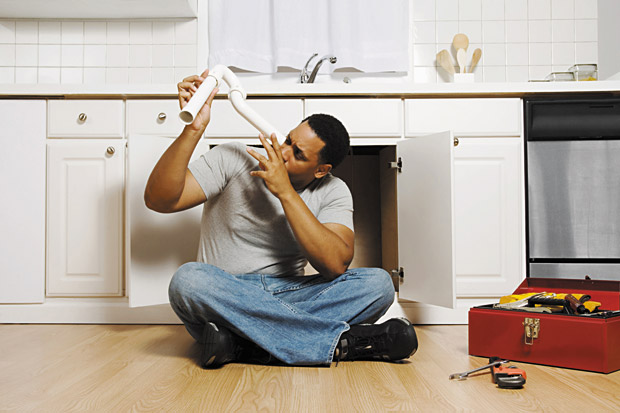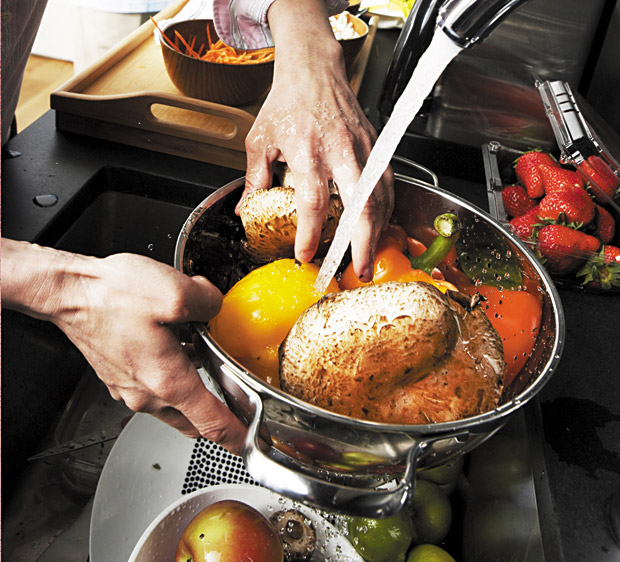Avoid a ‘sink-ing’ problem

Whenever my family gets together for a big holiday dinner, I’m the one in charge of the mashed potatoes. I like to keep it simple with fewer than eight ingredients: Yukon gold potatoes, butter, cream cheese, Greek yogurt, salt, pepper and a dash of sugar. The recipe and process have not always been perfect. It has taken much iteration to get the proportions and the procedure just right — and they haven’t all gone over well.
I remember one Thanksgiving, peeling potatoes over the sink in my parents’ kitchen. I finished peeling, ran the water and flipped the switch for the garbage disposal. Soon, the water was rising up from the drain, and no matter what I did, it wouldn’t go down again. We had to call in a professional plumber to fix the problem.
That is when I first learned that just because I assume something can be broken down, does not mean that the garbage disposal can tackle it. Luckily, there are some easy-to-follow guidelines for what can and cannot go down the drain.
Can:
Liquid foods: Milk, tea, juice and coffee (without the grinds) do not solidify when they cool, so they can all safely go down the drain.
Citrus rinds: Lemon, orange and lime peels — cut into smaller pieces — are great for grinding in your disposal. Plus, the oils from the rinds will help to deodorize the disposal.

Ice: Periodically running your disposal with ice cubes helps to clear the blades of food debris. If you want to take it a step further, freeze citrus juice into cubes and use those for a fresh scent.
Cannot:
Liquids-to-solids:
Grease, oil and fat should never go down the drain. When they cool, they tend to solidify, which can clog your pipes.
Fibrous foods: Celery, artichokes, onionskins and banana peels have fibers that can tangle around the garbage-disposal blade and create blockages.
Starches: Potato peels can turn into a gummy, paste-like substance, and pasta expands with water. Both result in clogging your drain over time, or at least filling up the disposal trap.
Hazardous household waste: Paint, nail polish, nail polish remover and solvents contain hazardous products that can damage septic systems or contaminate bodies of water where treated wastewater often ends up.
Have a question or comment for Joanne? Email her at thefixisinhawaii@gmail.com.